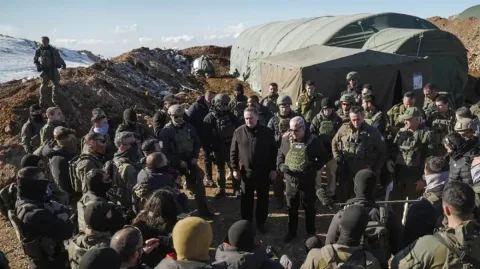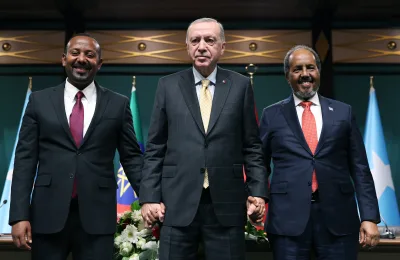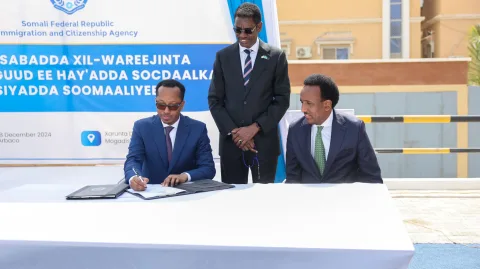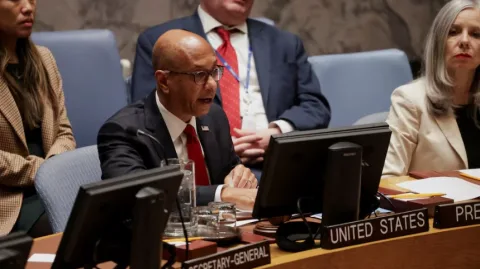Somalia should not be the test case for some new funding mechanism in Africa,” wrote Senator James Risch
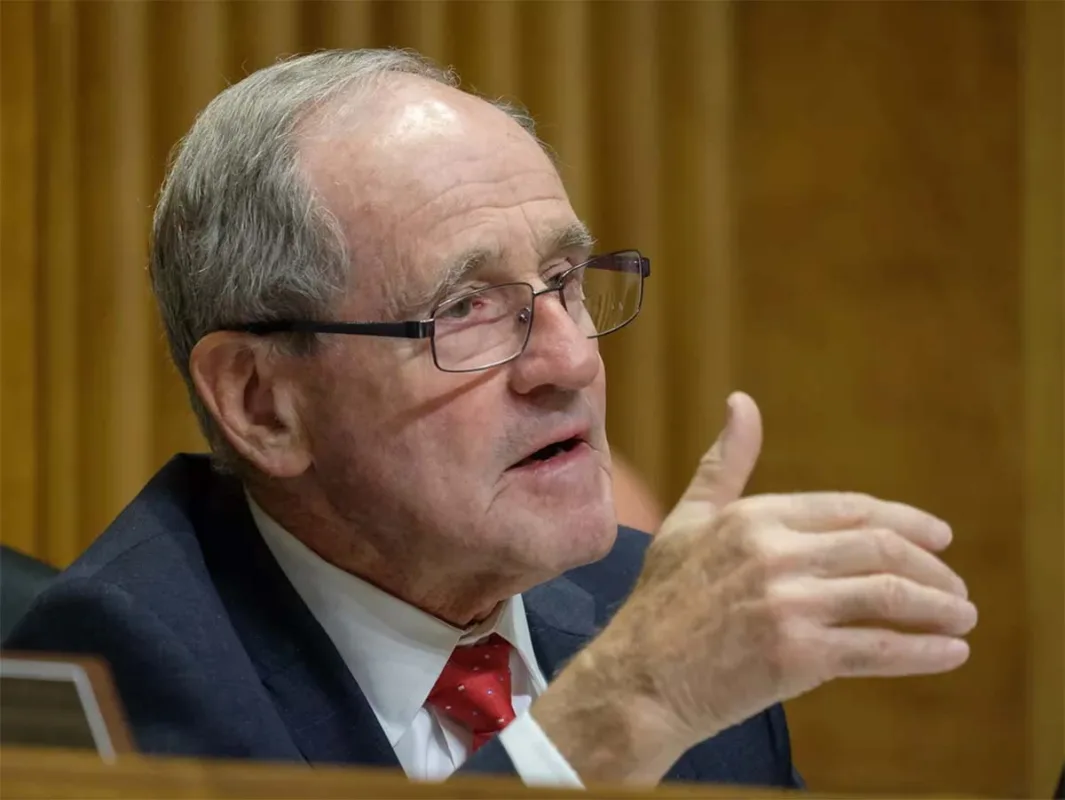
In a strongly-worded letter to senior Biden administration officials, Senate Foreign Relations Committee Ranking Member James Risch (R-Idaho) called for the United States to veto any United Nations Security Council resolution that would transition Somalia’s peacekeeping mission under a new UN framework. The timing of this intervention is particularly significant as it comes just weeks before Donald Trump is set to return to the White House on January 20, 2025.
The December 12 letter, addressed to UN Ambassador Linda Thomas-Greenfield and Secretary of State Antony Blinken, specifically opposes moving Somalia’s peacekeeping operations under UN Security Council Resolution 2719, which was adopted in 2023. The stance taken by Senator Risch could signal potential shifts in U.S. foreign policy priorities under the incoming Trump administration.
“Somalia should not be the test case for some new funding mechanism in Africa,” wrote Senator Risch, expressing firm opposition to using UNSCR 2719’s framework for the Somalia mission.
The timing of Risch’s intervention is critical, as the current mandate for the African Transition Mission in Somalia (ATMIS) and its UN support office is set to expire at the end of December 2024. This expiration creates immediate pressure for the international community to determine the future structure of peacekeeping operations in the Horn of Africa nation, even as the U.S. prepares for its presidential transition.
In his letter, Risch particularly highlighted the need for the United States to work with other Security Council members, specifically mentioning the United Kingdom, to prevent such a transition. He cited the mission’s “history, needed reforms, and questionable results” as key reasons why Somalia’s peacekeeping operations should not fall under UNSCR 2719’s authority and financing structure.
The senator’s opposition to the potential transition raises questions about the future of international security support for Somalia, which has faced ongoing challenges from terrorist groups and internal instability. With the upcoming change in U.S. administration, the international community’s approach to peacekeeping operations in Somalia may face additional uncertainty.
As the current mandate’s expiration approaches, the outgoing Biden administration faces the complex task of addressing these peacekeeping issues during its final weeks in office. Any decisions made could significantly impact both the incoming Trump administration’s foreign policy options in East Africa and the broader framework of UN peacekeeping operations in the region.
The resolution of this peacekeeping mandate issue could become one of the first foreign policy challenges for the incoming Trump administration, potentially setting the tone for U.S. engagement with UN peacekeeping operations over the next four years.
